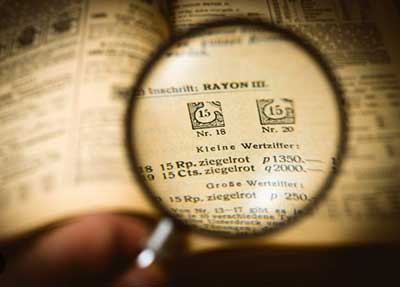Date: 28/12/2022
Relevance: GS-1: Modern Indian history from about the middle of the eighteenth century until the present- significant events, personalities, issues.
Key Phrases: History, Reforms, Textbooks, Objective, Facts, Representation Proportionate, References, Indian History Congress, Criticism, Historical Thinking.
Context:
- Activists have been claiming that history is being distorted for political gains.
Reforms in Textbooks:
- The Parliamentary Standing Committee on Education, Women, Children, Youth and Sports, headed by Vinay P. Sahasrabuddhe, presented the ‘Reforms in Content and Design of School Textbooks’ to both Houses of Parliament on November 30, 2021.
- The circular by the Committee stated three objectives:
- Removing references to unhistorical facts and distortions about our national heroes from textbooks.
- Ensuring equal or proportionate references to all periods of Indian history.
- Highlighting the role of great historic women heroes.
- Post consultations, the Committee brought out 25 suggestions related to:
- Improvement of engagement of children for learning.
- Content of the textbooks.
- Representation of women in history during the Indian freedom struggle along with changing the way women are traditionally represented in textbooks.
- Use of EdTech in content delivery, promotion of scientific temper, innovation, communication, collaboration, creativity, and critical thinking.
- The report also focused on the need for textbooks to promote national integration, unity and constitutional values.
Criticism of the Circular:
- On July 14, 2021, the Indian History Congress (IHC) released a criticism
of the circular and mentioned:
- The criticism of the current textbooks implicit in the 'Reforms' under consideration is not coming from any competent group of nationally and globally recognised historians.
- It is from a political viewpoint supported by non-academic members of bias.
- The IHC release contested the three objectives of the circular by providing around 11 pages of tabular data detailing the distribution of content in existing history textbooks.
- The IHC argued, “School textbooks written for the NCERT by some of the tallest scholars in the country, were actually removed, and in their place books with a clear sectarian, majoritarian bias were introduced in 2002.
- The Parliamentary Standing Committee was criticized for not having a single woman member.
What are historical thinking skills?
- Historical thinking skills, or historical reasoning skills, are those that historians, curators, researchers, archeologists and other professionals use to properly evaluate primary sources within the context of a time period or era.
- These skills include reading comprehension, analysis, interpretation and argumentation.
- Historical thinking skills are useful because they allow historians and researchers to develop unique accounts of past events or time periods within a particular culture.
- Further, historical thinking skills help historians determine the causes and effects of particular historical events and their influence on the present day.
Questions to Think Upon:
- Is it possible to accurately recreate the past?
- Are the data sufficient to make causal claims?
- Is it possible to uphold the values of the past in its entirety or is there a possibility to reinterpret the past based on the lens we wear?
- Is there a scientific process involved in the study of history or is it simply static content meant for memorisation?
- These questions were answered by Professor Gary Nash and his colleagues. Perhaps there are lessons to be learned from that experience.
Tools of Historical Thinking:
- The source of India’s sovereignty is the people of India, therefore it is essential that citizens are equipped with tools of historical thinking in order to be able to effectively participate in a democracy.
- An analysis of the history textbooks across education boards shows that engagement in historical thinking is abysmally low.
- There are various frameworks that have been proven to develop strong historical thinking such as the SCIM-C (Summarising, Contextualising, Inferring, Monitoring, and Corroborating) or ARCH (Assessment Center for History).
- The students engaged in activities draw upon skills in five types of
historical thinking:
- Chronological thinking;
- Historical comprehension;
- Historical analysis and interpretation;
- Historical research capabilities;
- Historical issues-analysis and decision-making.
Conclusion:
- The Delhi Board of School Education signed an agreement with the International Baccalaureate to adopt the latter’s global curriculum framework in government schools.
- Similarly other State boards have to work hard to improve the history curriculum. As even the poorest aspire for the best possible education.
- The 81st session of the Indian History Congress will take place at Madras Christian College, Chennai (December 27-29, 2022), and it will be closely monitored.
Source: The Hindu
Mains Question:
Q. Is it possible to accurately recreate the past? Critically Analyze. (150 words).






















